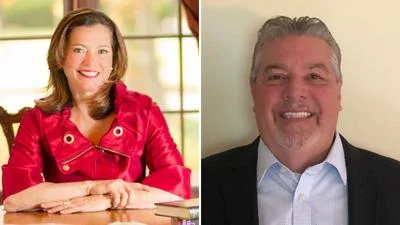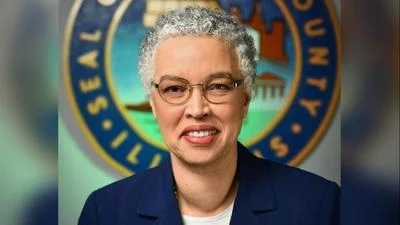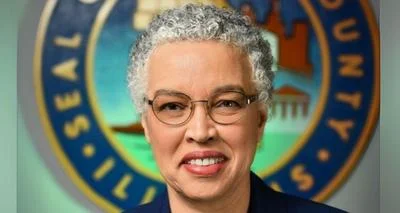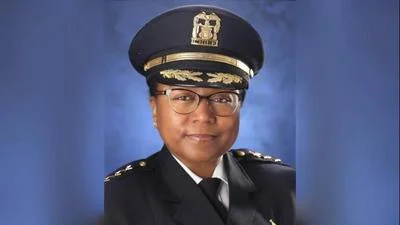Ernest Hemingway once offered to spy for Soviet Intelligence, a CIA Museum historian attests in his new book.
In Writer, Sailor, Soldier, Spy: Ernest Hemingway’s Secret Adventures, Nicholas Reynolds claims the great American novelist sought to seek the Russians around World War II.
“Hemingway agreed to work with or for the Soviets as a spy in December of 1941,” Reynolds told the West Cook News. “He was a guy committed to anti-fascism and working with the Soviets was part of that.”
According to Reynolds, there was a time when Hemingway was largely apolitical before the Spanish Civil, when his purported fascist views truly came to life and started to settle in as his Russian connections began to build in earnest.
The Soviets are described as being instantly intrigued by Hemingway’s easy nature and ability to garner widespread acceptance in almost any situation.
“I don't think they knew exactly what they wanted from Ernest, but they said this is a man with good enough potential,” Reynolds said. “ 'Let's see if we can get him to agree to work with us, and then we'll find exactly what his potential is. Maybe it's continue to slant news in our favor. Maybe it's just to help out and make introductions to people who could help us further.' ”
Reynolds says that Hemingway became known in Soviet circles by the code name Argo, which in Greek mythology means calling forth the sailor.
He goes on to detail how the Soviets came to refer to their dalliance with Hemingway as “ideological recruitment,” adding that no money ever changed hands between the two sides.
“We have a passage in the Soviet file that says, no, it has not produced any significant political information,” Reynolds added.
In the end, Reynolds maintains that Hemingway did no spying, which was probably in his best interest.
“He would have been looking over his shoulder forever,” Reynolds said. “I think it would have ended badly for Ernest. Hemingway had his own foreign policy, and it was not confined to just this incident.”
Hemingway took his own life in 1961, seven years after he was awarded the Nobel Prize in Literature. In all, he published seven novels, six short story collections and two non-fiction works.






 Alerts Sign-up
Alerts Sign-up